Navigating through a plethora of rules and tax requirements is an inescapable part of operations in modern business. One such important requirement for companies doing business in India is the registration of Goods and Services Tax (GST). Beyond simple compliance, the importance of GST registration goes hand in hand with several advantages that can improve credibility, expedite processes, and create expansion opportunities. Let’s explore the significance of GST registration for companies. If you want GST Registration Online in India, contact Eazy Start Up. You can also get services for GST Return Filing Online in India and GST Registration Cancellation Online.
Let’s dive into the discussion:-
1. Legal Compliance
2. Input Tax Credit (ITC)
3. Smooth Cross-Border Transactions
4. Enhanced Credibility
5. Obtaining a Greater Market Reach
6. Compliance with E-Invoicing and GSTN
Legal Compliance:
First and foremost, companies that provide goods and services are required by law to register for GST. Businesses that achieve the prescribed turnover threshold are also required to register under the GST regime. If this criterion is not met, there may be fines and legal ramifications. By getting GST registration, businesses can avoid potential issues and assure adherence to current tax rules.
Input Tax Credit (ITC):
One of the biggest benefits of registering for GST is the possibility of claiming an input tax credit (ITC). Registered enterprises can deduct the GST paid on inputs (purchasing) from the GST earned on outputs (sales). Eliminating the cascading effect of taxes increases profitability and reduces costs. Businesses can increase their competitiveness by lowering their entire operating tax burden by utilizing ITC.
Smooth Cross-Border Transactions:
Thanks to the GST, businesses now have easier interstate transactions. The GST has replaced the disjointed tax system that was in place prior to it. Businesses can profit from the smooth flow of products and services across state borders by registering for GST. This removes the complications brought forth by different tax regimes and creates an atmosphere that is favorable for interstate trade and commerce.
Enhanced Credibility:
Businesses registered for GST gain trust and professionalism from suppliers, consumers, and other stakeholders. It indicates that the company maintains open business practices and complies with legal requirements. Consequently, companies registered for GST are sometimes given preference when it comes to partnerships and transactions, increasing their prospects for expansion.
Obtaining a Greater Market Reach:
GST registration is a requirement for companies looking to expand into new markets. Many big businesses and e-commerce sites require their suppliers and vendors to register for GST. By obtaining GST registration, businesses can utilize these platforms, and reach a larger consumer base and profitable business opportunities. Furthermore, GST registration makes it easier for enterprises to comply with state tax obligations.
Compliance with E-Invoicing and GSTN:
Businesses registering for GST can access the GST Network (GSTN) and the Electronic Invoicing (E-Invoicing) system, which are by the government’s digitization plans. E-invoicing ensures data correctness, minimizes manual intervention, and speeds the creation and interchange of invoices electronically. Similarly, real-time reporting and monitoring of tax transactions are made easier by integrating with GSTN, which enhances efficiency and transparency in tax administration.
Conclusion
GST registration is a strategic necessity for companies looking to develop, become more efficient, and comply with regulations, not merely a legal obligation. There are numerous advantages to registering for GST, from guaranteeing legal compliance to obtaining tax savings potential via Input Tax Credits. Companies that embrace GST registration also establish themselves as reliable and respectable players in the cutthroat industry. In the ever-changing business landscape, GST registration becomes increasingly important for businesses as they manage the intricacies of the tax system. If you want GST Registration Online in India, contact Eazy Startups. You can also get services for GST Return Filing Online in India and GST Registration Cancellation Online.

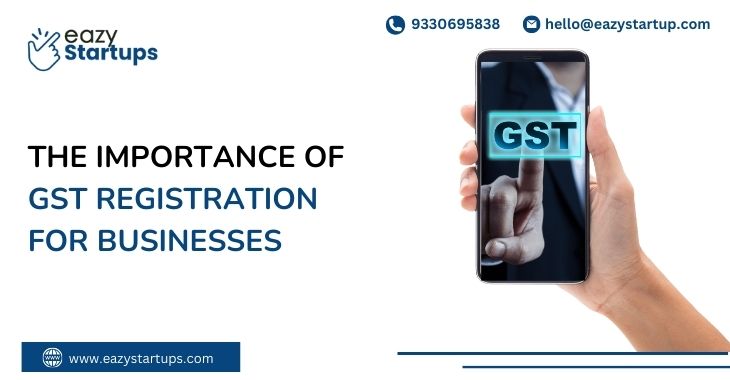
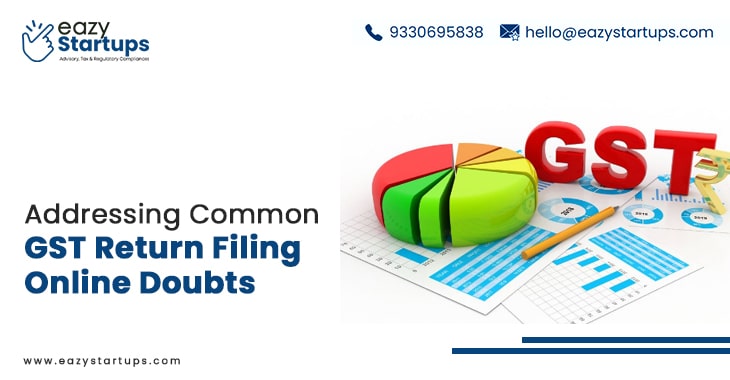


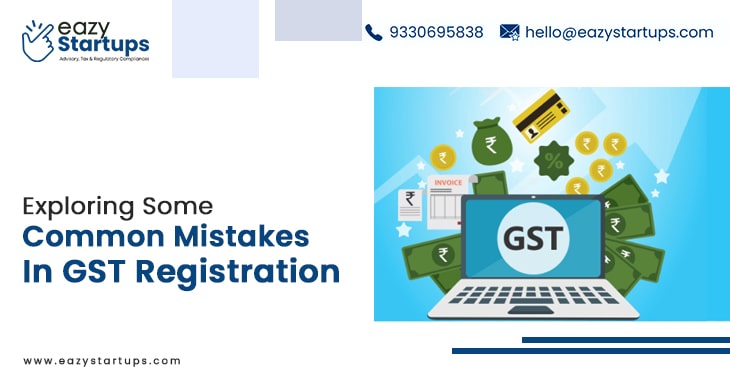
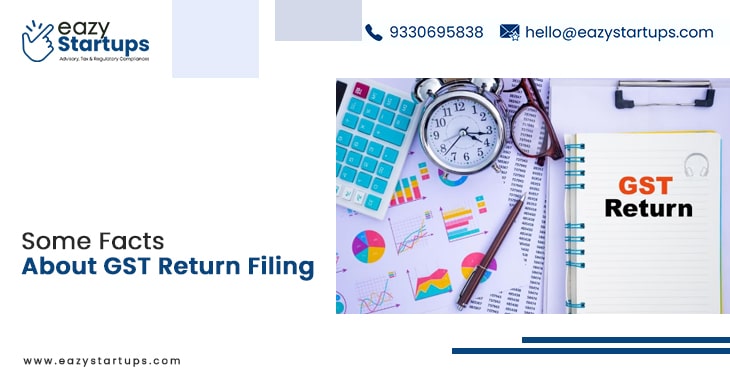

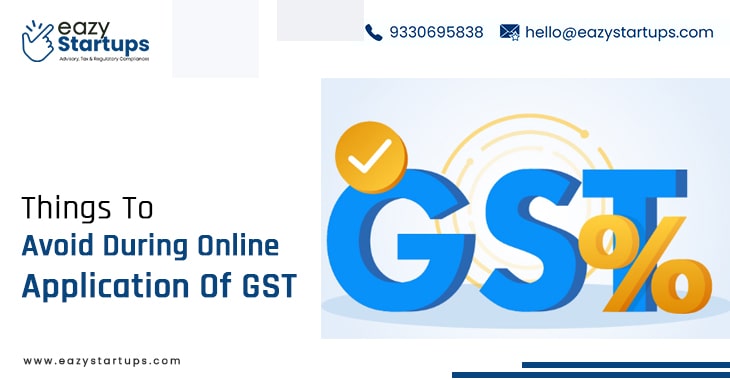


Recent Comments